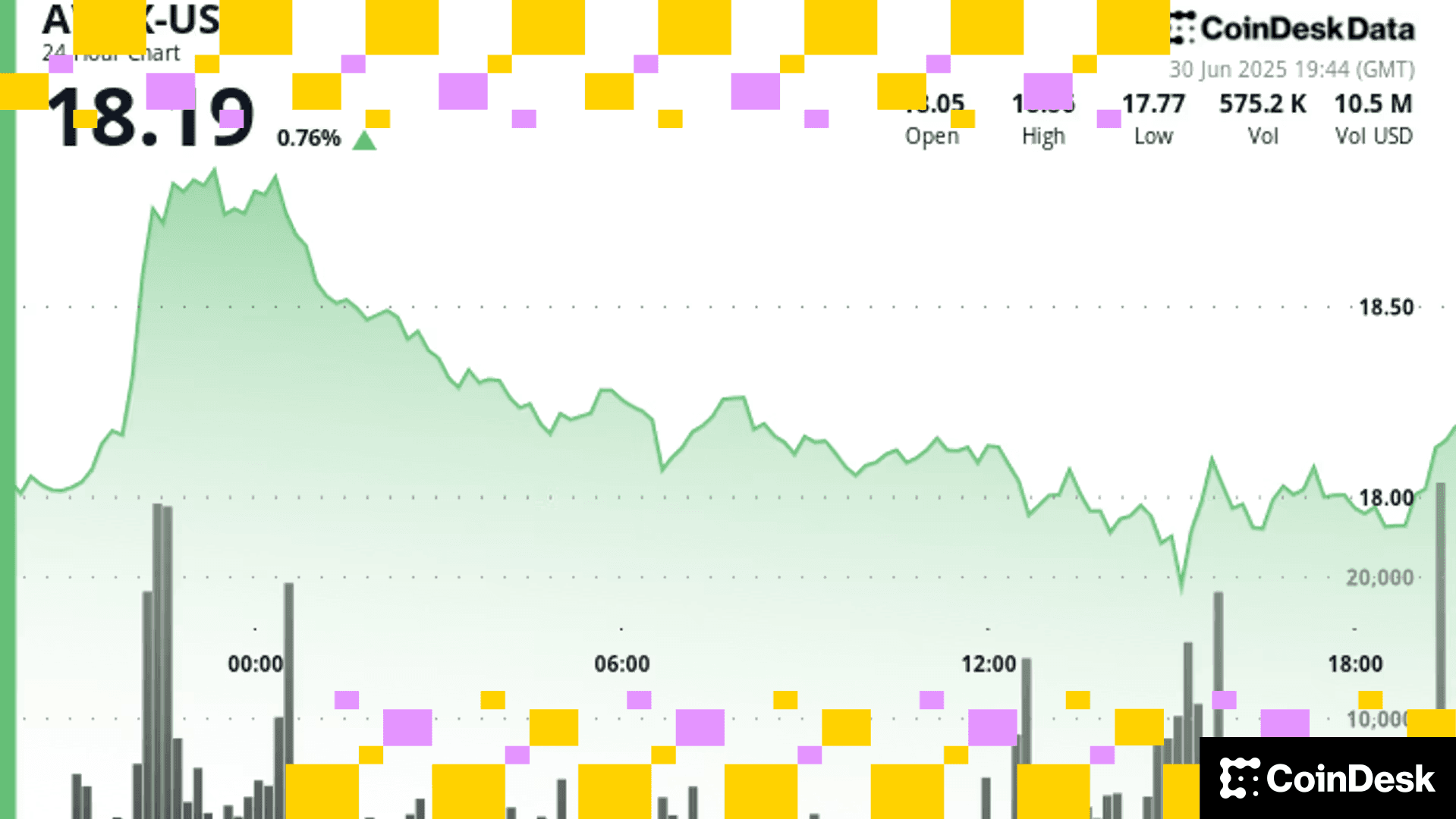Le Salvador supprime l'impôt sur le revenu pour les investissements étrangers
Le pays, qui tente d’attirer des capitaux étrangers, a supprimé l’impôt sur le revenu des investissements étrangers.

Le Salvador, la nation dirigée par le président Nayib Bukele, favorable au bitcoin,a éliminéimpôt sur le revenu des capitaux entrant dans le pays en provenance de l'étranger.
« Le Congrès a réformé notre loi sur l'impôt sur le revenu, pour les investissements internationaux et les transferts d'argent, en abaissant le taux de 30 % à 0 % », a déclaré Bukele dans un message sur X.
Congress has reformed our income tax law, for international investments and money transfers, dropping the rate from 30% to 0%.
— Nayib Bukele (@nayibbukele) March 13, 2024
La Asamblea ha reformado la ley del impuesto sobre la renta, para inversiones internacionales y transferencias de dinero, bajando la tasa del 30% al 0%. https://t.co/YRDVegSbb5
Le Salvador a été le premier pays à faire du Bitcoin
Cette réforme fiscale est la dernière mesure en date prise par le Salvador pour se positionner comme une destination attractive pour les investissements étrangers et les adeptes du Bitcoin . Le pays a également introduit une loi de décembre accordant la citoyenneté aux investisseurs en Bitcoin qui font un don au gouvernement.
« [Le Salvador] est le pays le plus attrayant au monde pour y vivre simplement parce qu'il a adopté le Bitcoin», a déclaré l'investisseur milliardaire Tim Draper sur le Podcast Web3 Deep Dive Récemment. « D'ici 30 ou 40 ans, ils seront passés du pays le plus pauvre et le plus touché par la criminalité à ONEun des plus riches et des plus innovants au monde, et ce uniquement grâce à leur adoption du Bitcoin. »
More For You
Exchange Review - March 2025

CoinDesk Data's monthly Exchange Review captures the key developments within the cryptocurrency exchange market. The report includes analyses that relate to exchange volumes, crypto derivatives trading, market segmentation by fees, fiat trading, and more.
What to know:
Trading activity softened in March as market uncertainty grew amid escalating tariff tensions between the U.S. and global trading partners. Centralized exchanges recorded their lowest combined trading volume since October, declining 6.24% to $6.79tn. This marked the third consecutive monthly decline across both market segments, with spot trading volume falling 14.1% to $1.98tn and derivatives trading slipping 2.56% to $4.81tn.
- Trading Volumes Decline for Third Consecutive Month: Combined spot and derivatives trading volume on centralized exchanges fell by 6.24% to $6.79tn in March 2025, reaching the lowest level since October. Both spot and derivatives markets recorded their third consecutive monthly decline, falling 14.1% and 2.56% to $1.98tn and $4.81tn respectively.
- Institutional Crypto Trading Volume on CME Falls 23.5%: In March, total derivatives trading volume on the CME exchange fell by 23.5% to $175bn, the lowest monthly volume since October 2024. CME's market share among derivatives exchanges dropped from 4.63% to 3.64%, suggesting declining institutional interest amid current macroeconomic conditions.
- Bybit Spot Market Share Slides in March: Spot trading volume on Bybit fell by 52.1% to $81.1bn in March, coinciding with decreased trading activity following the hack of the exchange's cold wallets in February. Bybit's spot market share dropped from 7.35% to 4.10%, its lowest since July 2023.
More For You
Test de superposition d'image glitch deux

Dek : Test de superposition d’image bogue deux










